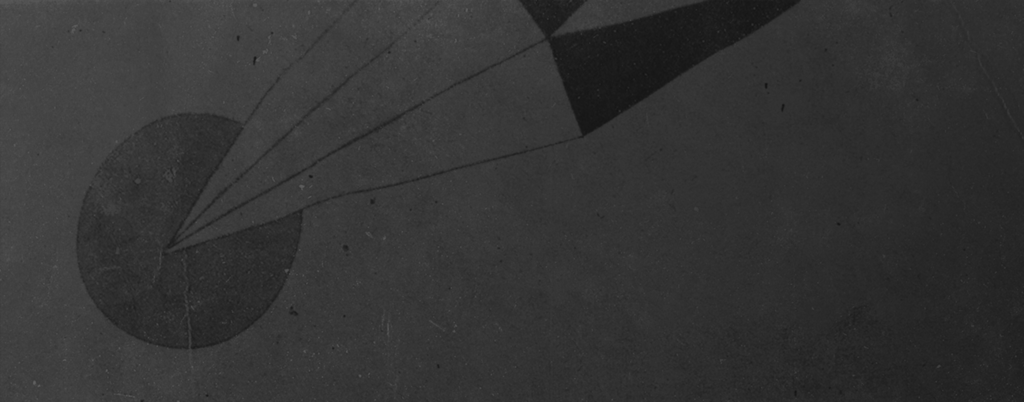Support for exempting ihs eligible beneficiaries from medicaid work and community engagement requirements
WHEREAS, the National Indian Health Board (NIHB), established in 1972, serves all Federally recognized American Indian/Alaska Native (AI/AN) Tribal governments by advocating for the improvement of health, behavioral health and public health services to AI/ANs and for the fulfillment of the Federal government’s trust responsibility to AI/AN Tribal governments; and
WHEREAS, the NIHB is duly elected to serve the sovereign rights of all Federally recognized Tribal governments, to promote the highest levels of health for AI/AN people, and to advise the Federal government in the development of responsible health care policy; and
WHEREAS, the unmet health needs of American Indians and Alaska Natives are severe and the health status of American Indians and Alaska Natives is far below that of the general population of the United States, resulting in an average life expectancy for American Indians and Alaska Natives 5.5 years less than that for the U.S. all races population; and
WHEREAS, the United States assumed the trust responsibility through a series of treaties with Tribes, exchanging compensation and benefits for Tribal land and peace. The Snyder Act of 1921 (25 USC 13) legislatively affirmed this trust responsibility. To facilitate upholding its responsibility, the federal government created the Indian Health Service (IHS) and tasked the agency with providing health services to AI/ANs; and,
WHEREAS, the trust relationship requires the Federal government to provide for the health and welfare of Tribal nations, the Indian Health Service (IHS) remains chronically underfunded at only 46.6 percent of need, and American Indians and Alaska Natives suffer from among the lowest health status nationally; and
WHEREAS, over 40 years ago, Congress permanently authorized the IHS and Tribal facilities to bill Medicaid for services provided to Medicaid-eligible American Indians and Alaska Natives to supplement inadequate IHS funding; and
WHEREAS, IHS and Tribal Health Programs rely upon third party billing from the Centers for Medicare and Medicaid (CMS) to help support the Indian health system which is severely underfunded; and
WHEREAS, CMS has stated they will approve States to include work requirements as a condition of eligibility for Medicaid; and



